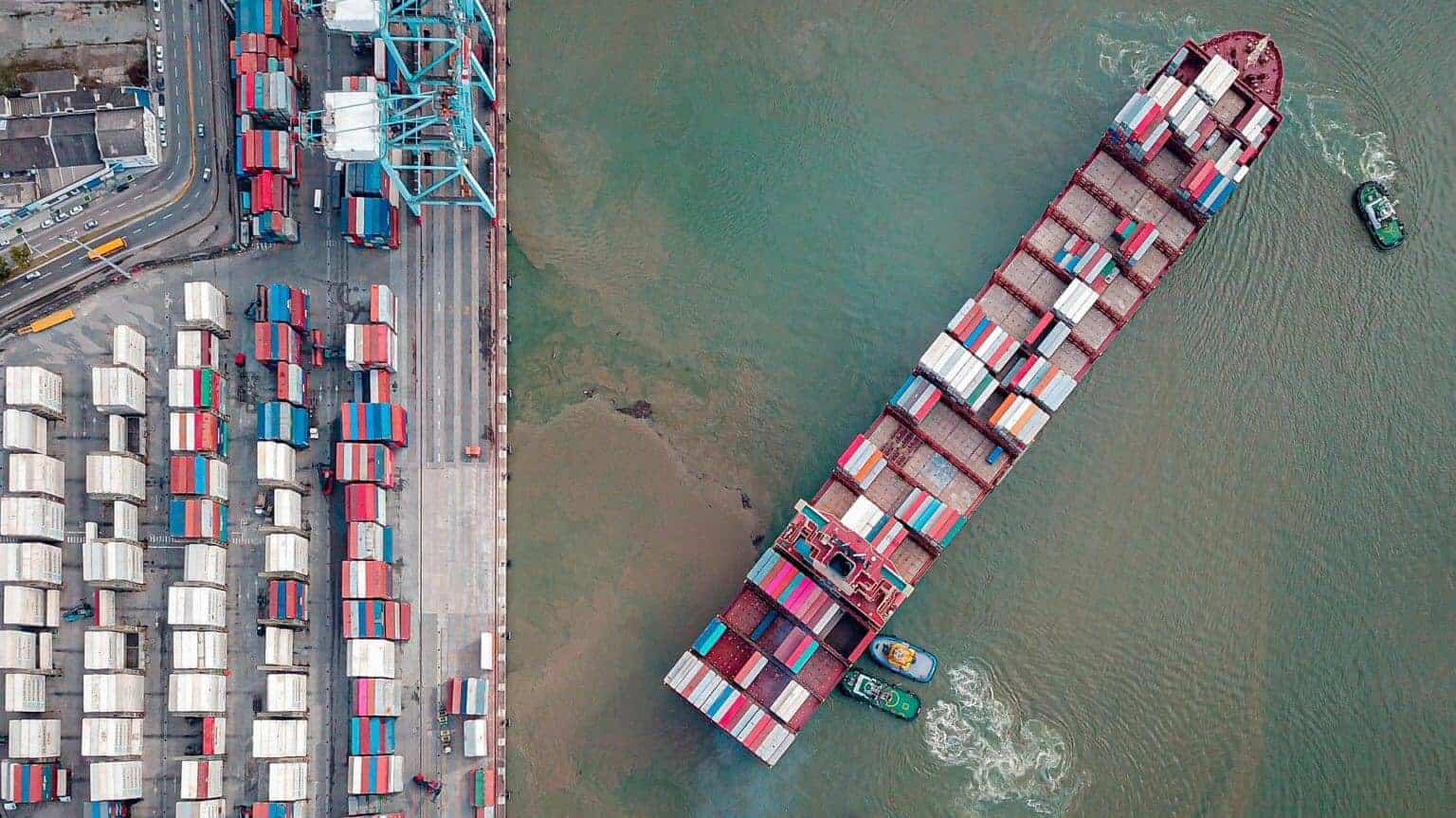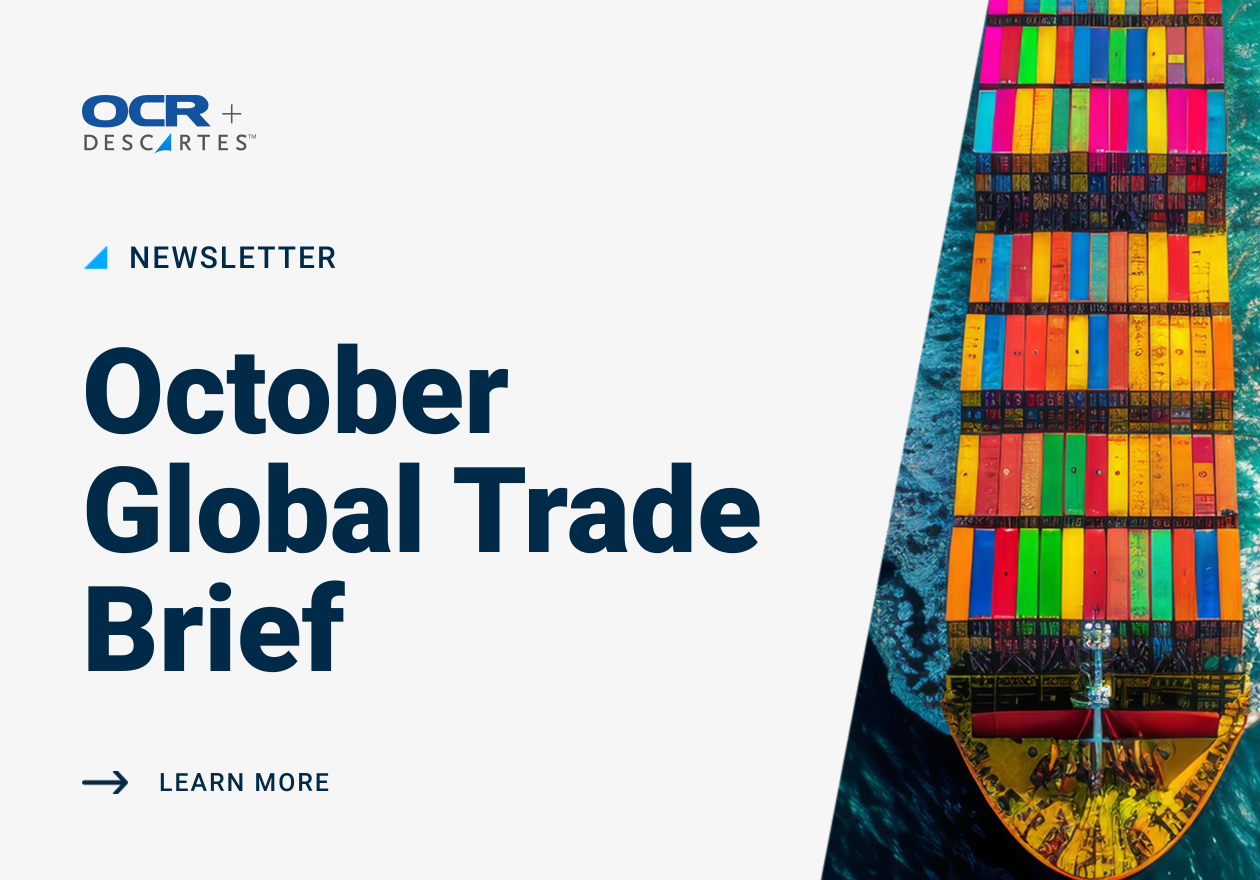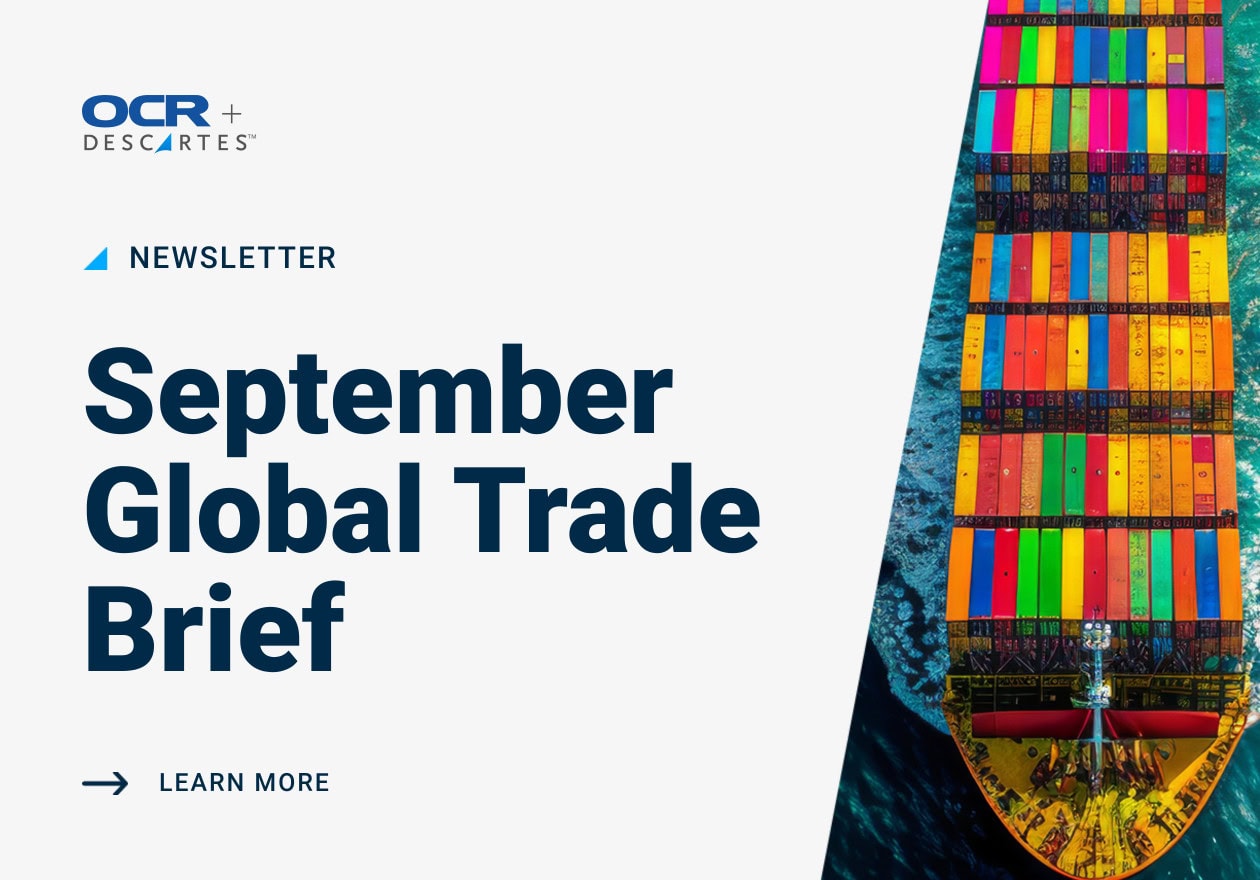Conclusion:
The trade court explained that the dispute centered on whether the printed circuit assemblies were an automatic data processing machine (or machines) or were “units” of an automatic data processing machine. After examining the positions of each party, the court concluded that the merchandise was classified properly under subheading 8538.90.30.
TARIFF CLASSIFICATION OF SHOWERHEADS IMPORTED FROM CHINA
U.S. Customs and Border Protection liquidated certain imports of showerheads in 2014 under a subheading of the Harmonized Schedule of Tariff of the United States (HTSUS) that imposed a 3.4% customs duty. The importer originally protested this determination and asserted that the appropriate HTSUS subheading would impose a customs duty of 1.8%.
After initiating this action, the importer filed a motion to dismiss. As noted by the trade court, the subject showerheads would be subject to 25% additional customs duty pursuant to presidential action taken under Section 301 of the Trade Act of 1974 (effective August 23, 2018)
TARIFF CLASSIFICATION OF TIMBER IMPORTS FROM PERU
United States Trade Representative Robert Lighthizer directed Agreement’s (PTPA) Annex on Forest Sector Governance (Forest Annex), demonstrating its intensified efforts to keep illegal timber out of the United States. This action is being taken by the Interagency Committee on Trade in Timber Products from Peru (Timber Committee) and the United States Customs and Border Protection (CBP) in order to block future timber imports from Inversiones WCA E.I.R.L. (WCA), a Peruvian exporter, based on illegally harvested timber found in its supply chain. This marks the second time that the Trump Administration has taken such an enforcement action under the United States. Peru Trade Promotion Further is the result of a request that the Timber Committee made to Peru in February 2018 to verify that three specific timber shipments from Peru to the United States complied with all applicable Peruvian laws and regulations. The request was made in the context of continued concerns about the practice of illegal logging in Peru. The timber verification process was conducted by the Government of Peru and revealed that one shipment from WCA was not harvested and traded in compliance with Peru’s laws, regulations, and other measures. Since the completion of the report in July 2018, Peru has failed to take enforcement action against WCA.
CHINESE COMPANY AVOIDS $1.8 BILLION IN ANTI-DUMPING DUTIES ON ALUMINUM IMPORTS
A federal grand jury indictment unsealed a complex financial fraud scheme in which a Chinese company exported huge amounts of aluminum to the United States – disguised as “pallets” to avoid customs duties of up to 400 percent – and sold the purported pallets to related entities to fraudulently inflate the company’s revenues and deceive investors around the world.
The 53-page indictment alleges that China Zhongwang Holdings Limited, Asia’s largest aluminum extrusion company, Zhongtian Liu, the company’s former president and chairman, and several individual and corporate co-defendants lied to U.S. Customs and Border Protection to avoid paying the United States $1.8 billion in anti-dumping and countervailing duties (AD/CVD). These were imposed in 2011 on certain types of extruded aluminum imported into the United States from China.
PACCAR INC AGREES TO PAY $1.7 MILLION TO SETTLE IRANIAN TRADE VIOLATIONS
PACCAR Inc, (“PACCAR”), a company headquartered in Bellevue, Washington, has agreed to pay $1,709,325 to settle potential civil liability for 63 apparent violations of the Iranian Transactions and Sanctions Regulations, 31 C.F.R. part 560 (ITSR) by DAF Trucks N.V. (“DAF”), a wholly owned subsidiary of PACCAR headquartered in Eindhoven, the Netherlands. The apparent violations of §560.215 of the ITSR occurred on three occasions between the approximate dates of October 2013 and February 2015, when DAF sold or supplied 63 trucks to customers in Europe that it knew or had reason to know were ultimately intended for buyers in Iran. The transactional value of the 63 trucks was $5,426,428.
EFFECTIVE OCTOBER 2019, USER FEE CHANGES:
- The merchandise processing fee (MPF) ad valorem rate of 0.3464% will not change.
- The MPF minimum and maximum for formal entries (class code 499) will change. The minimum will increase from $26.22 to $26.79, and the maximum will increase from $508.70 to $519.76.
- The fee for informal entry or release (class code 311) will change to $2.14.
- The surcharge for manual entry or release will change to $3.21.
- The dutiable mail fee (class code 496) will change to $5.89.
TARIFFS ON CHINESE IMPORTS TO INCREASE BY 5%
On August 23, 2019, the Office of the U.S. Trade Representative (USTR) issued a release announcing that the President directed the USTR to increase tariffs by 5% on approximately $550 billion worth of Chinese imports. The USTR release states that the new U.S. tariffs are in reaction to China’s announcement today that it will impose tariffs on certain U.S. products.
- For the 25% tariffs on approximately $250 billion worth of Chinese imports, the USTR will begin the process of increasing the tariff rate to 30%, effective October 1, 2019, following a notice and comment period.
- For the 10% tariffs on approximately $300 billion worth of Chinese imports announced earlier this month, the tariffs will now be 15%, effective on the already scheduled dates for tariff increases on these imports.
CIRCUMVENTION INQUIRY OF ANTI-DUMPING AND COUNTERVAILING DUTY ON CERTAIN CORROSION-RESISTANT STEEL PRODUCTS
The U.S. Commerce Department announced the self-initiation of new inquiries into possible circumvention of anti-dumping duty (AD) and countervailing duty (CVD) orders with respect to certain corrosion-resistant steel products (CORE). These products are made with substrate from China or Taiwan, completed in Costa Rica, Guatemala, Malaysia, South Africa or UAE, and then exported to the United States.
According to the Commerce Department release, Commerce will determine whether imports of CORE completed in Costa Rica, Guatemala, Malaysia, South Africa and the UAE using Chinese-origin substrate, or imports of CORE completed in Malaysia using Taiwanese-origin substrate, are circumventing the AD and CVD orders on CORE from China or the AD order on CORE from Taiwan.
If Commerce preliminarily determines that circumvention is occurring, Commerce will instruct U.S. Customs and Border Protection to begin collecting cash deposits on imports of CORE completed in Costa Rica, Guatemala, Malaysia, South Africa, and the UAE using Chinese-origin substrate, and CORE completed in Malaysia using Taiwanese-origin substrate. These duties will be imposed on future imports, and on any unliquidated entries since the date Commerce initiated these circumvention inquiries.
TRADE-RELATED HEARING OF FRANCE’S DIGITAL SERVICES TAX
The Office of the U.S. Trade Representative (USTR) held a public hearing with regard to the U.S. investigation of France’s digital services tax. The French digital services tax imposes a 3% tax on annual revenues generated by certain companies providing covered digital services to, or aimed at, French users. There are thresholds for the tax to apply; it only applies for companies with annual revenues from the covered digital services of at least €750 million globally and €25 million in France.
CUSTOMS BROKER VERIFICATION OF IMPORTER’S IDENTITY
U.S. Customs and Border Protection (CBP) released for publication in the Federal Register a notice of proposed rulemaking that would amend the CBP regulations to require customs brokers to collect certain information from importers to enable the customs brokers to verify the identity of importers, including nonresident importers.
The proposed changes are being made to implement a measure under the Trade Facilitation and Trade Enforcement Act of 2015, which directs CBP to promulgate regulations to require brokers to verify the identity of the importers who are their clients.
CPB intends to formalize the verification process and require that a re-verification process be carried out by brokers every year. The goal would be that a broker’s knowledge of its importer client would be improved, and that this improved broker knowledge could allow for commercial fraud prevention and revenue protection and help prevent the use of shell or shelf companies by importers that attempt to evade the customs laws of the United States. Further, CBP stated that preventing the use of shell or shelf companies by importers would help reduce instances of a misclassification of merchandise to avoid duties, protect against intellectual property rights violations, reduce antidumping/countervailing duty (AD/CVD) infractions, and reduce the importation of unsafe merchandise.



